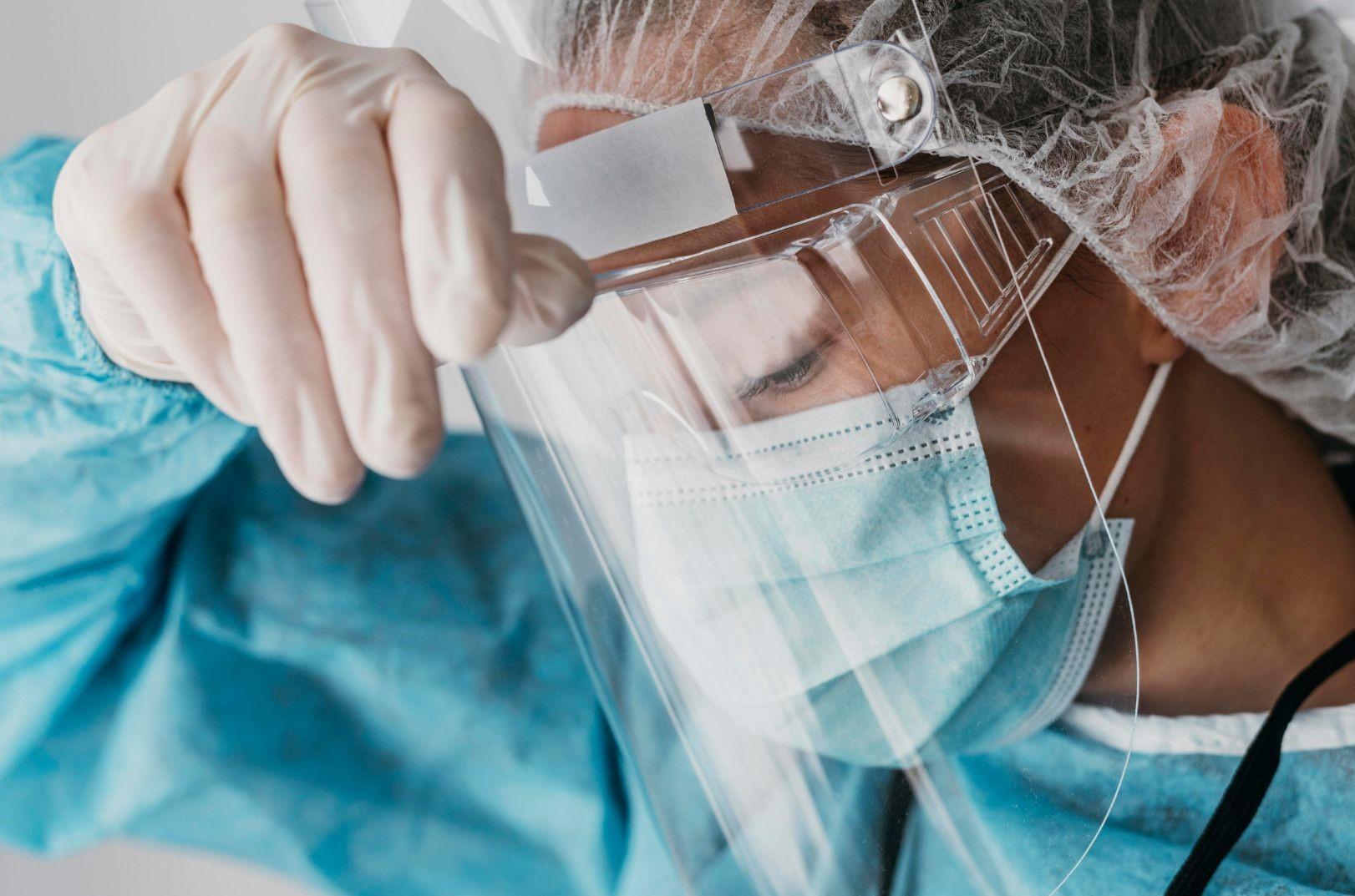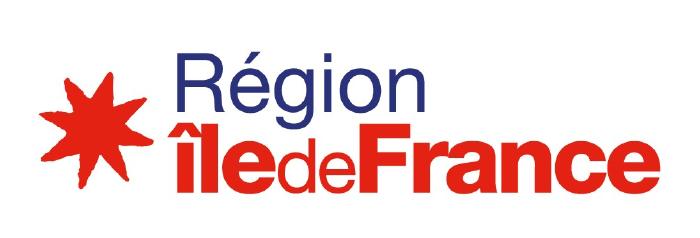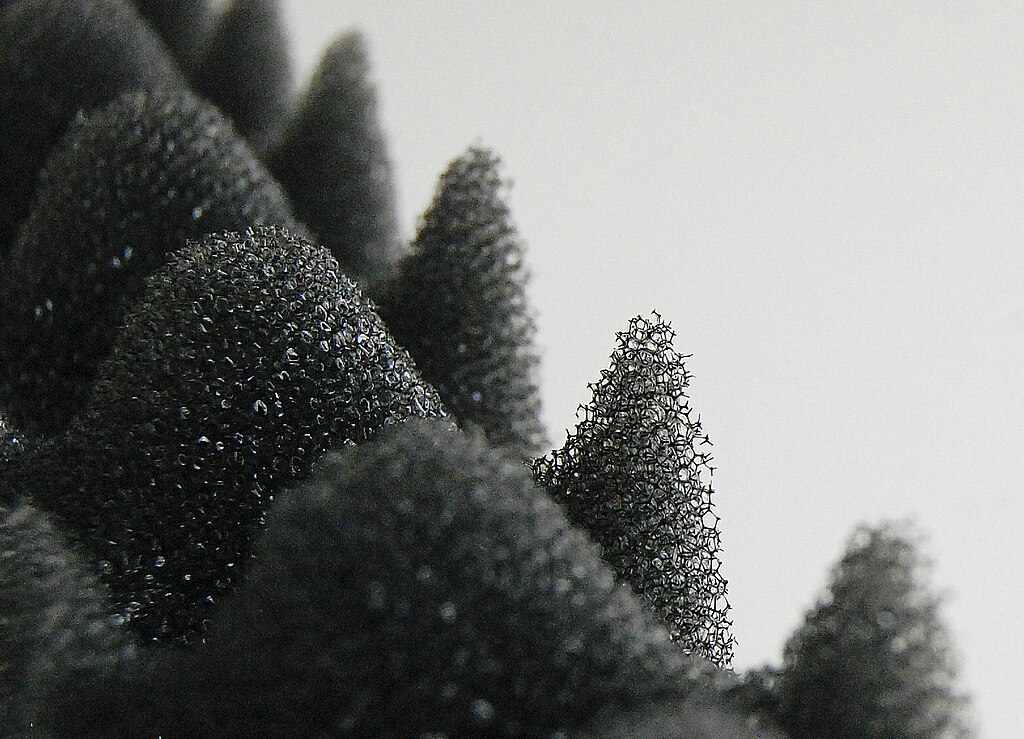When the Covid crisis inspires a Human and Social Sciences Chair in partnership with the Ile-de-France Region

In April 2022, CY Initiative, with funding from the Ile-de-France Region, launched the Human and Social Sciences Chair headed by Marie Kerveillant, a research engineer at ESSEC.
In the midst of the Covid 19 health emergency, hospital structures were put to the test over a long period of time. Before that, some hospitals had experienced other major crises, such as the massive influx of injured people during the terrorist attacks in Paris and Nice. It seems essential for these hospital structures, and in particular for the crisis medical departments, to develop their resilience in the face of the various crises they may be confronted with in in the future. This chair aims to work on the role of crisis medical departments within hospital structures, to see how they have evolved since the Covid 19 health crisis, and how they could improve their resilience.
Interview with Marie Kerveillant, holder of the Human and Social Sciences Chair.
Can you tell us more about yourself and your career?
After a preparatory class, I joined the Grande Ecole program at ESSEC Business School. I then worked for a few years in the private sector in finance before doing a PhD at ESSEC in partnership with CY Cergy Paris University. This thesis on the governance of nuclear risk allowed me to receive the Prix de la thèse de la chancellerie des Universités de Paris in Economy in 2018. This prize then opened the doors to funding and in particular to CY Initiative, previously Paris Seine Initiative. I was recruited as a research engineer in the framework of my ESSEC colleague Marie-Léandre Gomez's project (PSI emerging project COMED on the coordination of medical teams in extreme situations). For three years we conducted research on tactical medicine during attacks. The aim was to observe the RAID and in particular the medical team that took care of the evacuation of the Bataclan.
Since the Merah affair in 2012 in France and then the Paris attacks in 2015, we have been able to observe the rise in skills of tactical medicine in the rescue of victims, and not only of police officers. With Marie-Léandre Gomez, we continue to work on this subject, within the framework of an ANR project that she coordinates, associating us with Sorbonne University (a medical team within the AP-HP) and the Ecole Normale Supérieure (the chair of Geopolitics of Risk).
On my side, capitalizing on this work, I won the funding by CY Initiative and the Ile-de-France region for the chair in Human and Social Sciences.
Let's focus on the chair and your research work. What is its objective and how do you work on the subject?
During the research conducted with Marie-Léandre Gomez, I had the chance to observe the tactical doctors who were in the RAID and who all have a hospital activity on the side to keep a foot in the hospital.
During the 1st wave of Covid, they were called upon to deal with the crisis. Hospitals had to take unprecedented action to manage this influx of patients.
Tactical physicians were experienced in this type of situation. They were therefore called upon to find solutions, particularly at the Paris Sorbonne University Hospital where they created cells to accelerate the management of patient flows with public/private solutions and evacuation solutions. The head doctor of the RAID was in charge of a cell called the Dynamo cell, which allowed serious patients to be evacuated from the Covid to other less saturated regions.
So naturally we went to study these initiatives carried out during the different waves of the Covid. I naturally positioned myself on this chair, which had the objective of providing feedback on the medical directors of crisis in this particular context.
How central is the role of crisis medical directors central to your research?
We have been studying for 4 years the trainings conducted within Sorbonne University in partnership with the RAID, addressed to Crisis Medical Directors (CMD).
This function of CMD was indeed created in 2017 after the Paris attacks to manage crises internally or externally. Sorbonne University and the RAID have trained emergency physicians, resuscitation physicians... The COVID crisis has demonstrated the relevance and usefulness of this CMD position. My role within the framework of the Chair is to provide feedback on the initiatives taken by the latter and to provide feedback on the different Covid waves by focusing on the role of the CMD.
What is your methodology?
Our research team on tactical medicine was in contact with the director of the resuscitation unit at the Pitié-Salpêtrière, which became the CMD at Paris Sorbonne. We first used these observations and the implementation of the processes during the first Covid wave to make some initial conclusions and hypotheses.
We then intend to conduct semi-structured interviews with crisis medical directors in hospitals in Paris but also more widely, particularly in hospitals in the French overseas departments and territories where the situation is quite different. The objective is to study the initiatives and to take stock of the situation.
In partnership with an ANR research team, we are also developing a quantitative questionnaire with the aim of reaching a wider audience of crisis medical directors. The objective is to collect quantitative data on their type of profile, how they were trained, their background...
We also do field observation and we also study secondary data, read crisis reports... There is no lack of information on the Covid, we must know how to sort and order it to use it wisely.
What are the next steps and your ambitions for the Chair?
We are now considering how to share the knowledge and results of our research. After 3 years, the objective will be to make the return of experience on the function of the CMD profession and possibly to make the training evolve. This knowledge should then radiate into the research sphere and much more widely.
We would like to create workshops or round tables to share my research and bring together researchers and crisis medical directors to exchange and advance the debate. This moment would be an annual meeting of knowledge sharing between research and hospital practitioners and many others.
Still with the aim of making my research widely known, I will participate in round tables organized by the Ile-de-France region. Last June, I also spoke at a high school in Noisy-le-Grand in front of 110 high school students to introduce them to the research profession.
Action financed by the Région Île-de-France

Find out more

